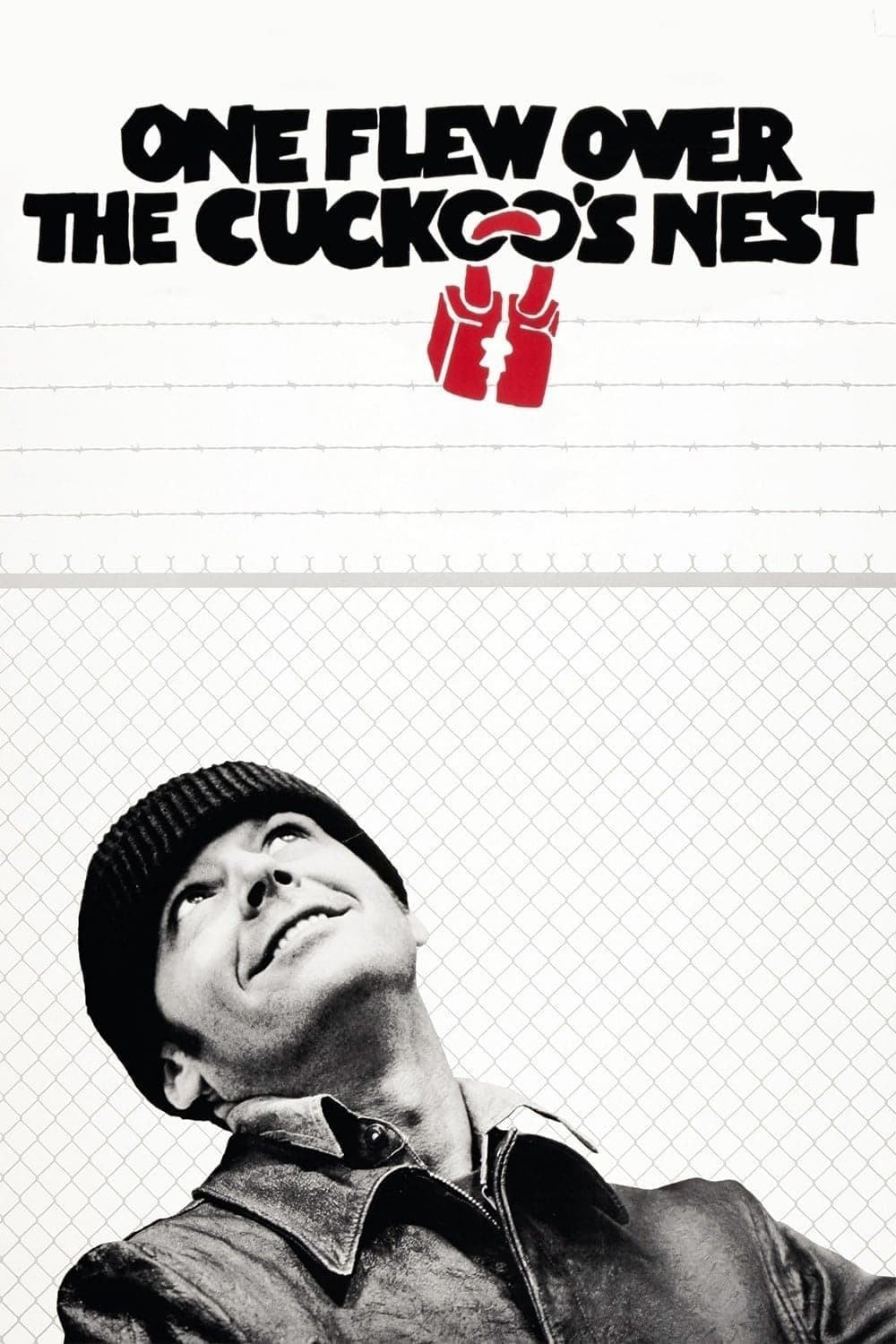
One Flew Over the Cuckoo's Nest
1975
Rate this movie
Average: 4.00 / 5
(1 votes)
Director
Milos Forman’s masterful direction, with a simply superlative Jack Nicholson, delivers a powerful social critique in a story that stands as a monument to the resilience of the human spirit in the face of the most pervasive authoritarianism. Forman, a filmmaker with acute sensibility forged by the experience of the Prague Spring and the subsequent repression, infuses the film with a deep understanding of the dynamics of power and dehumanization, transforming a psychiatric institution into a chilling metaphor for any totalitarian system. His direction, spare yet deeply emotional, delves into the characters' souls, revealing cracks and sparks of humanity even in the most barren contexts.
“One Flew Over the Cuckoo’s Nest” is undoubtedly a film that has entered the select circle of the most beloved films of all time, not only for its narrative power, but for its ability to capture the spirit of an era. Born from a novel by Ken Kesey, an emblematic figure of American counterculture and one of the creators of the famous "Acid Tests" with his Merry Pranksters, it had a difficult gestation due to the controversial subject matter it addresses. Kesey's work, deeply rooted in his personal experiences as a volunteer in a psychiatric hospital and his experiments with psychedelic substances, offered a radical perspective on "normality" and "madness," making it unpalatable to many producers. This is where Michael Douglas's insistence comes in; after acquiring the book rights from his father Kirk – who had bought them in the 1950s and had failed to find a production company willing to take on such an audacious project – he became an tireless promoter of this work, bringing it to the big screen with the tenacity of someone who believes in an indispensable message. The film, released in 1975, fit perfectly into the climate of disillusionment and skepticism towards post-Watergate and post-Vietnam institutions, resonating with an audience ready to question the true nature of authority and individual freedom.
The story is that of Randle Patrick McMurphy, a small-time criminal, cunning and untamed, who feigns insanity to be declared mentally unfit and thus avoid harsher sentences in a prison farm. But the psychiatric institution he enters, far from being a place of rest, will prove to be a psychological battlefield that will indelibly mark him, and with him all those who cross his path.
Of an irrepressibly rebellious nature, McMurphy soon becomes the catalyst for a silent insurrection, inciting the patients against the repressive and icy system of the terrible Nurse Ratched. Louise Fletcher, with her Oscar-winning performance, imbued the character with a veneer of glacial and controlled wickedness, a subtle and bureaucratic malevolence that endured in the collective imagination, making her one of the most iconic and disturbing antagonists in cinema history. It is not overt violence that makes her terrifying, but her ability to annihilate the spirit through psychological coercion, subtle manipulation, and an unyielding adherence to rules that serve only to stifle individuality.
And so McMurphy incites them to sing, encourages them to dance, lets them experience the joys of sex with prostitutes, takes them on a memorable boat trip in a gesture of pure and contagious freedom. Every action of his is a cry for life against the spiritual death imposed by the institution, an attempt to rekindle the spark of self-esteem and human connection in an environment where dignity is systematically denied. His figure is that of a "madman" who shows the "sane" how to live, a profane messiah who sacrifices his own individuality for the redemption of others. But every gesture of rebellion has a price. And so, having incurred the implacable wrath of Nurse Ratched, McMurphy will not only be rendered powerless through brutal electroshock, but will suffer the most terrifying fate: lobotomy, a mutilation of the soul that renders him a vegetable devoid of will.
Celebrated and heartbreaking is the final scene in which the giant Native American, Chief Bromden, one of the asylum's patients who until then had feigned being deaf and mute, reveals his latent strength. Seeing McMurphy now reduced to an empty shell, he performs an act of mercy and ultimate liberation: he suffocates him to spare him a non-life, then wrenches an imposing sink from the wall – an object McMurphy had tried in vain to lift – and hurls it through the window, finally shattered, to escape to freedom. It is the culmination of a resurrection, not only physical but spiritual, the triumph of will and memory over the yoke of oppression. The film, unlike the novel which unfolded almost entirely through the Chief's internal narration, chooses to make his journey of awakening more visual and tangible, culminating in that epic gesture.
"One Flew Over the Cuckoo's Nest" is not only a celebration of the beauty of human relationships that flourish despite the barriers of psychological suffering and marginalization, but also of their tremendous fragility in oppressive environments. It is an anthem to individual freedom, to human dignity, and a timeless warning against the dangers of conformity and institutional dehumanization. Its legacy lies in its ability to make us look "madness" in the eye with a new perspective, revealing that true madness does not always reside in those who are institutionalized, but often in the structures and powers that claim to "cure" by annihilating the very essence of the individual. A masterpiece that continues to resonate for its relevance and immense emotional power.
Genres
Country
Gallery
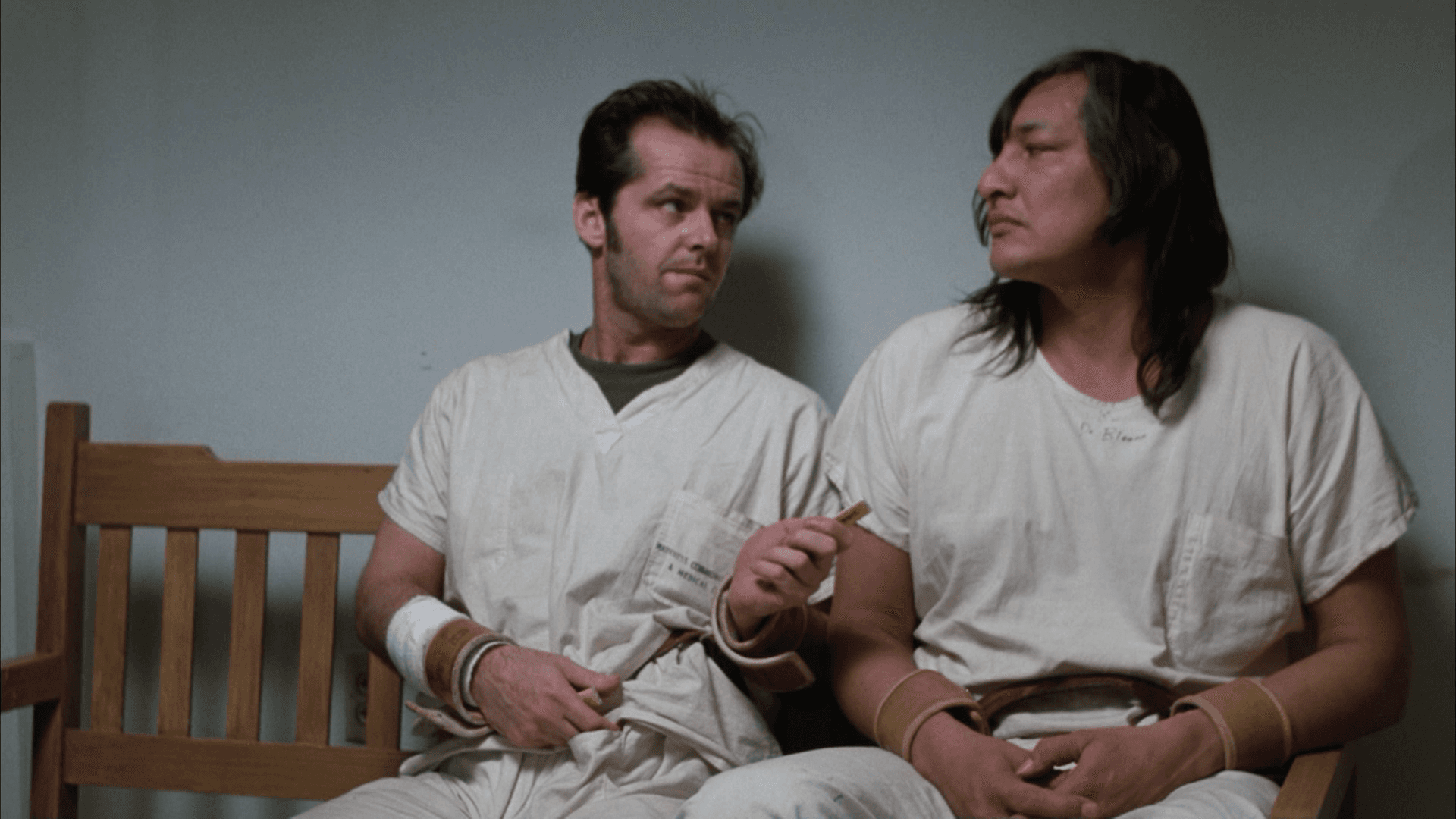
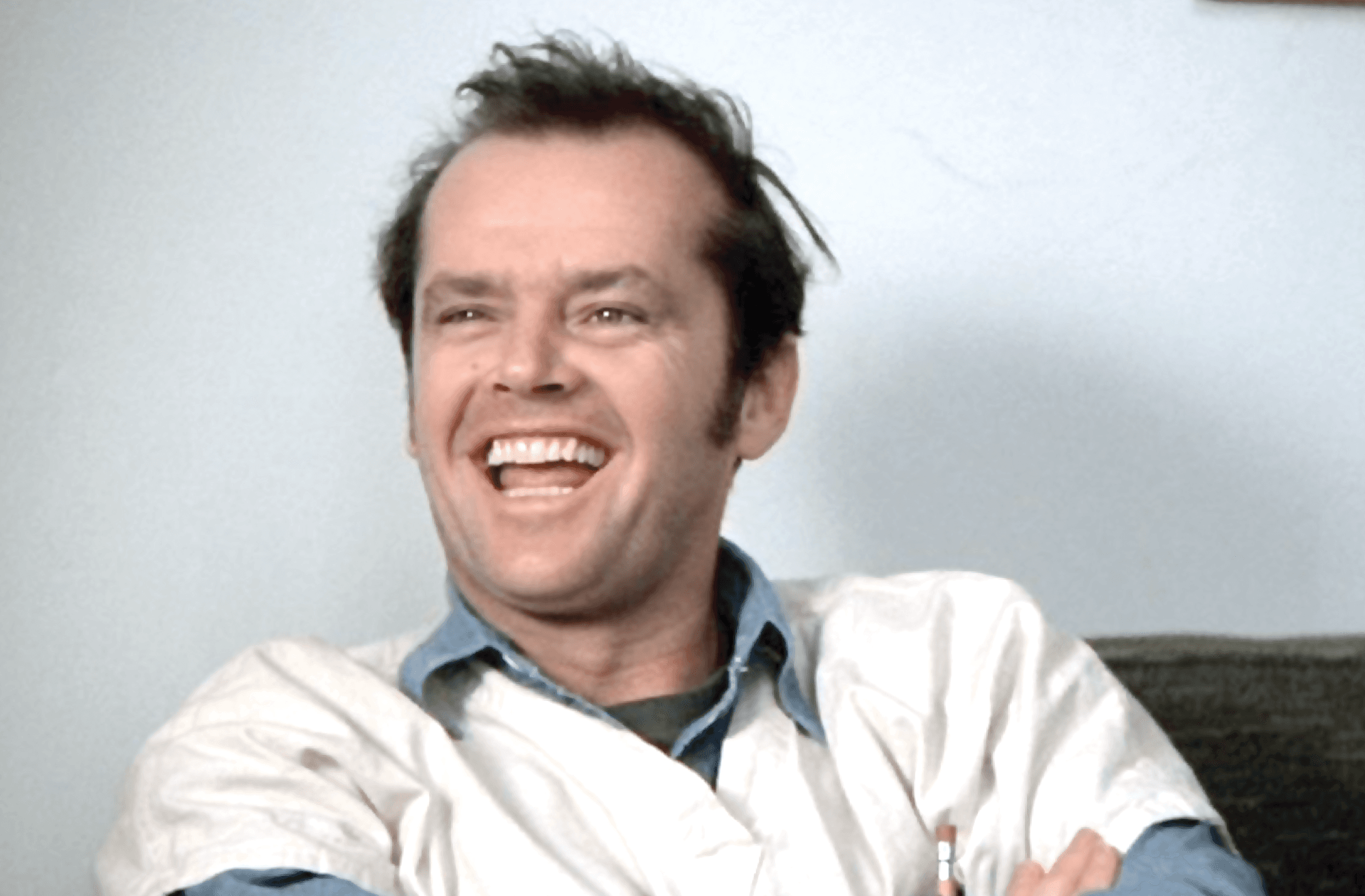
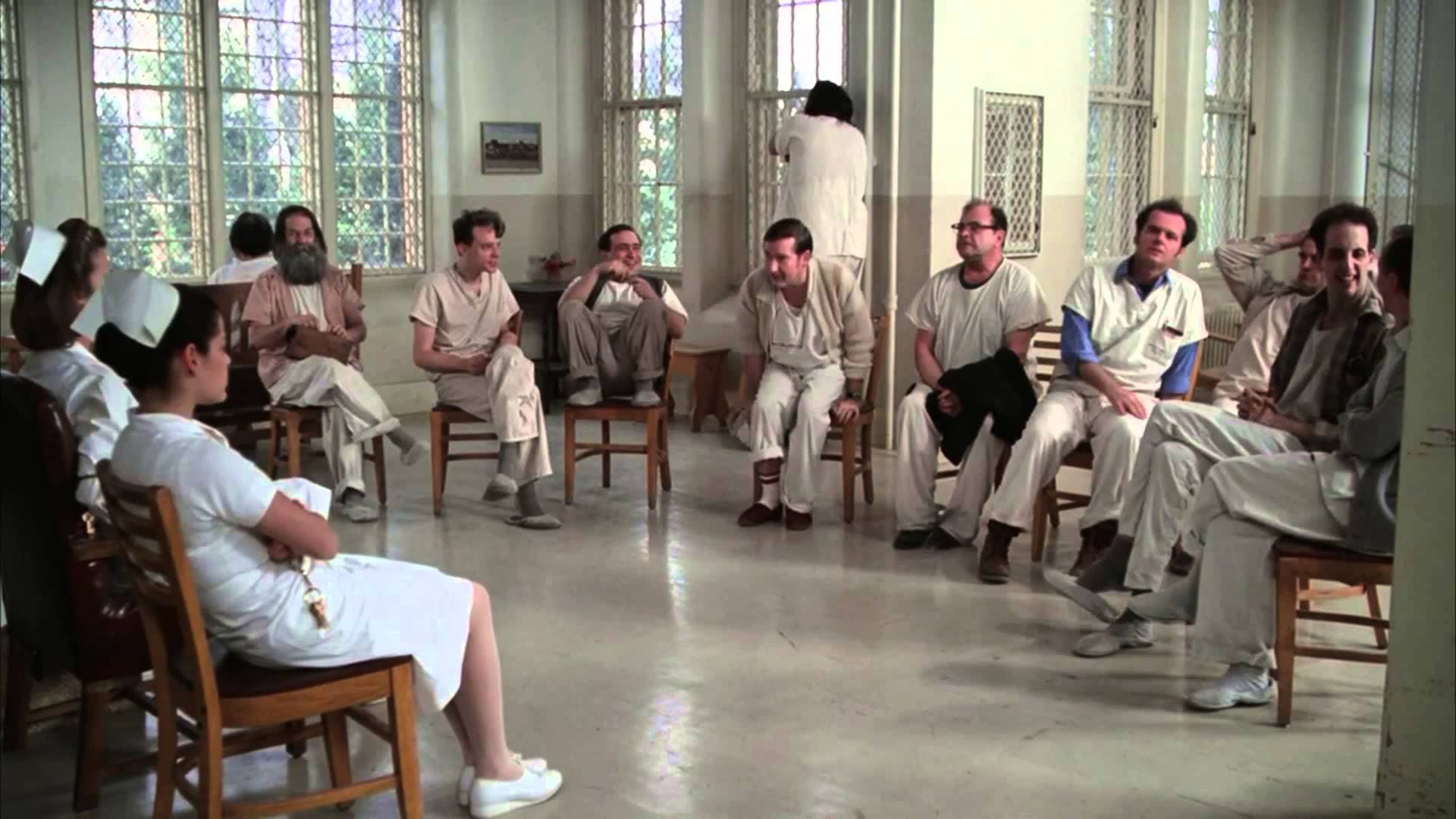
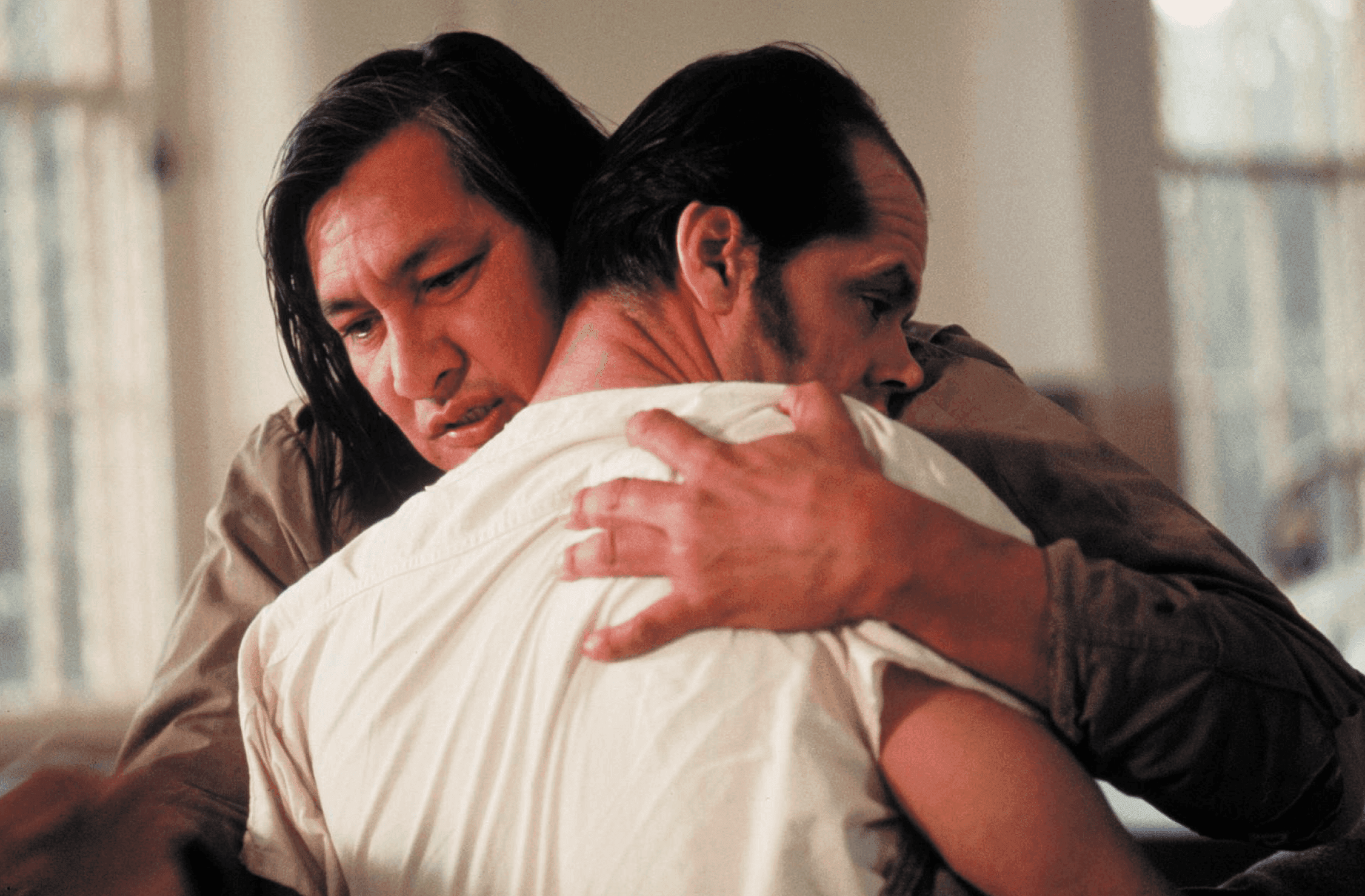
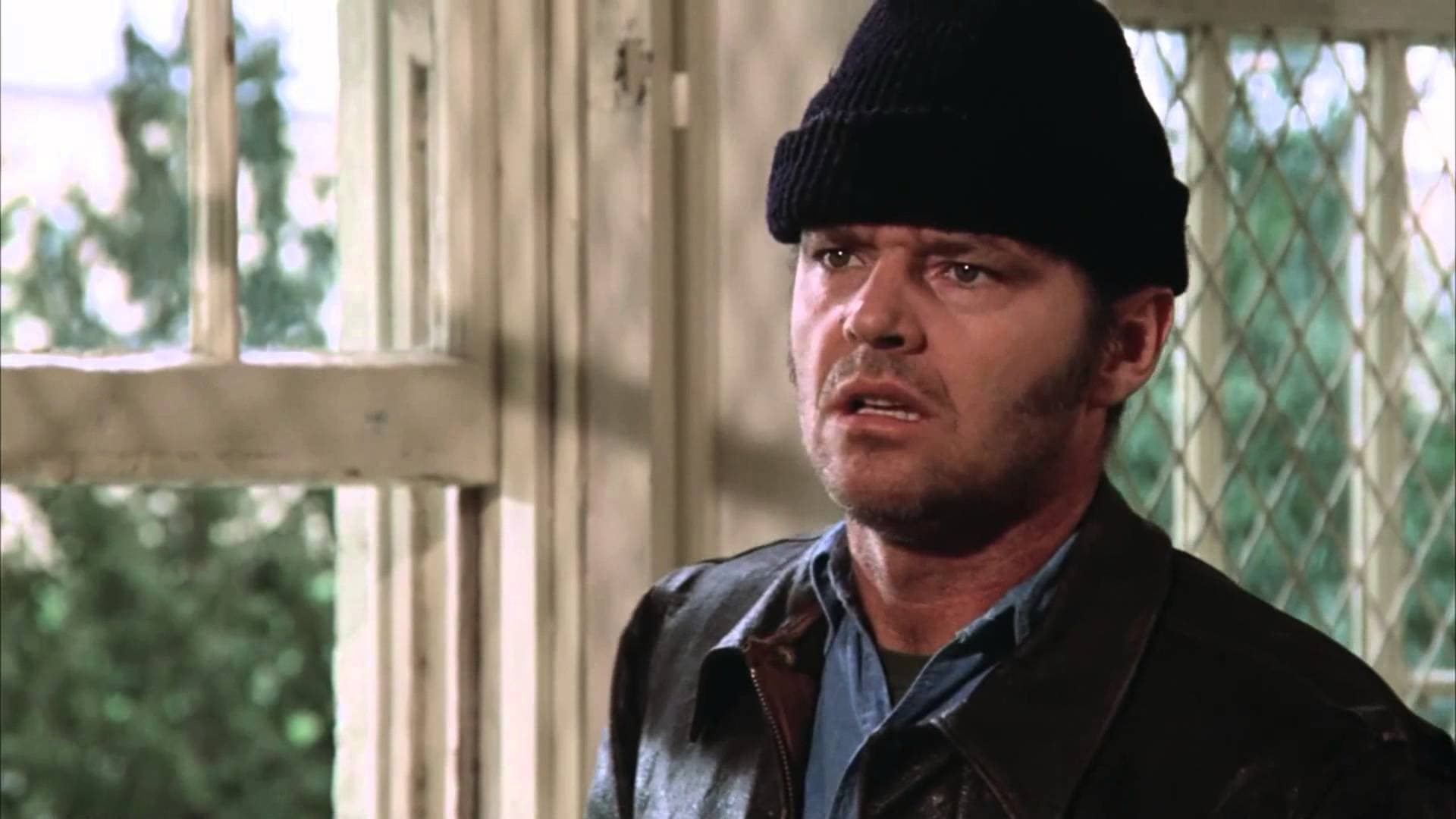
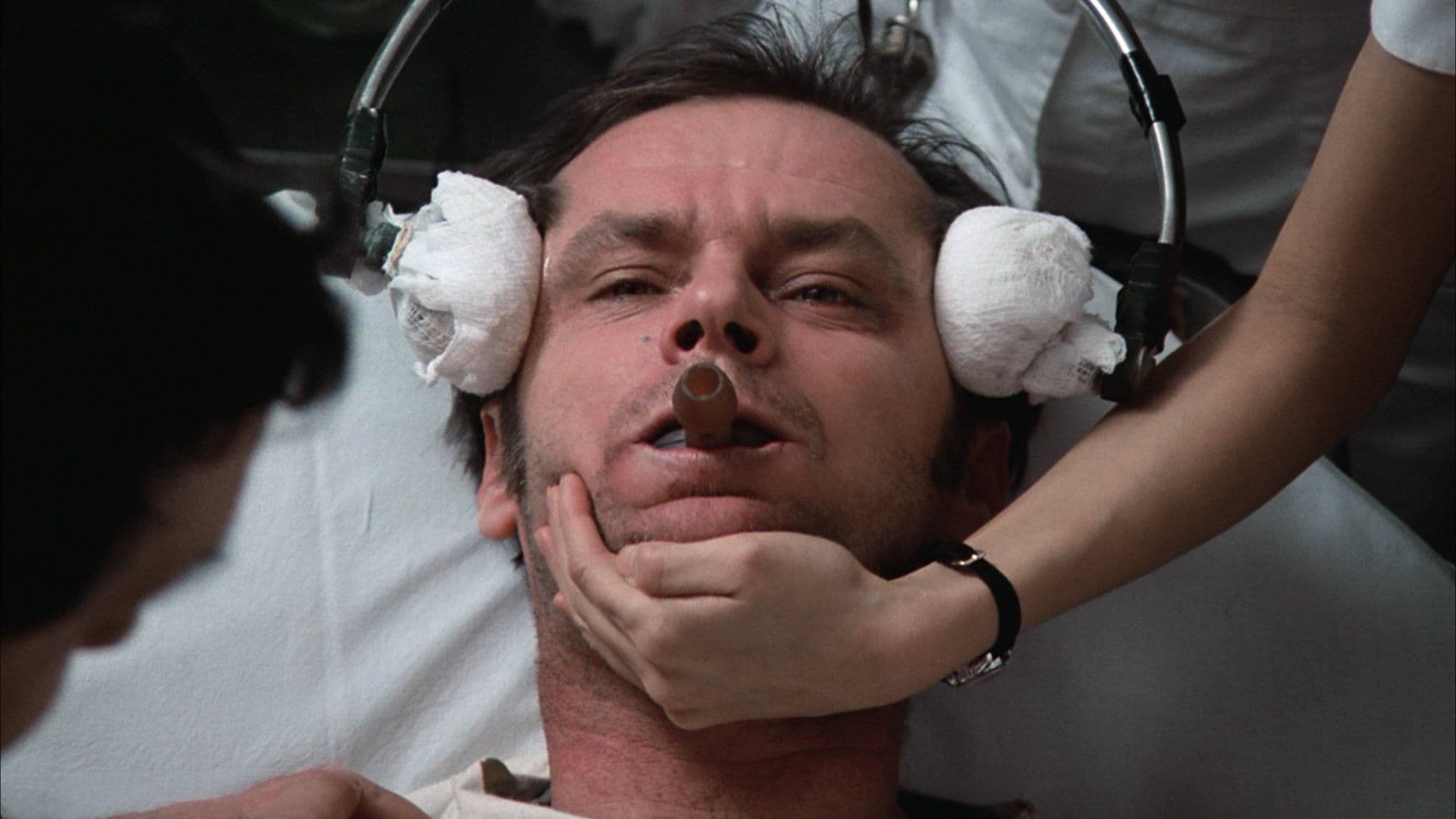
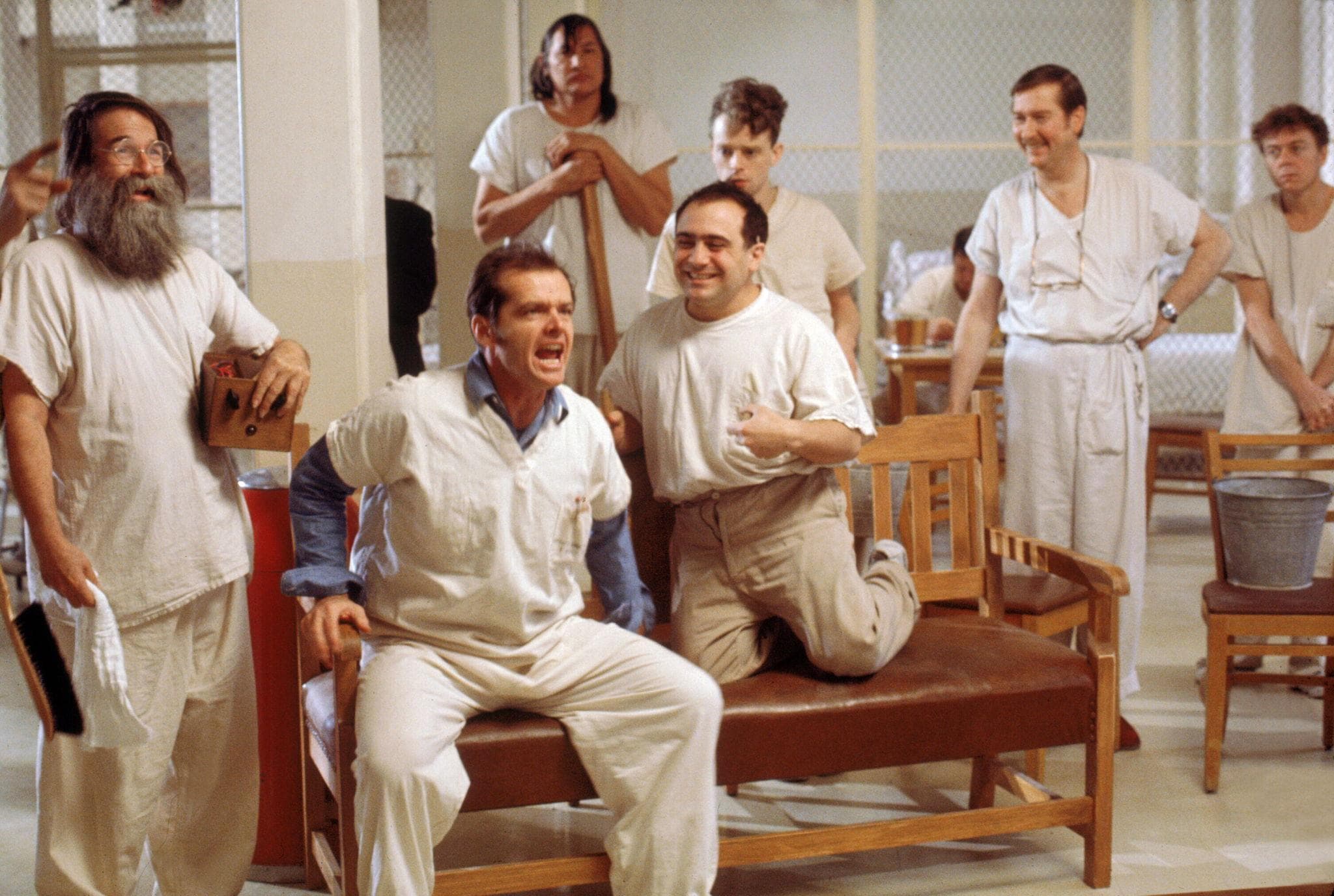
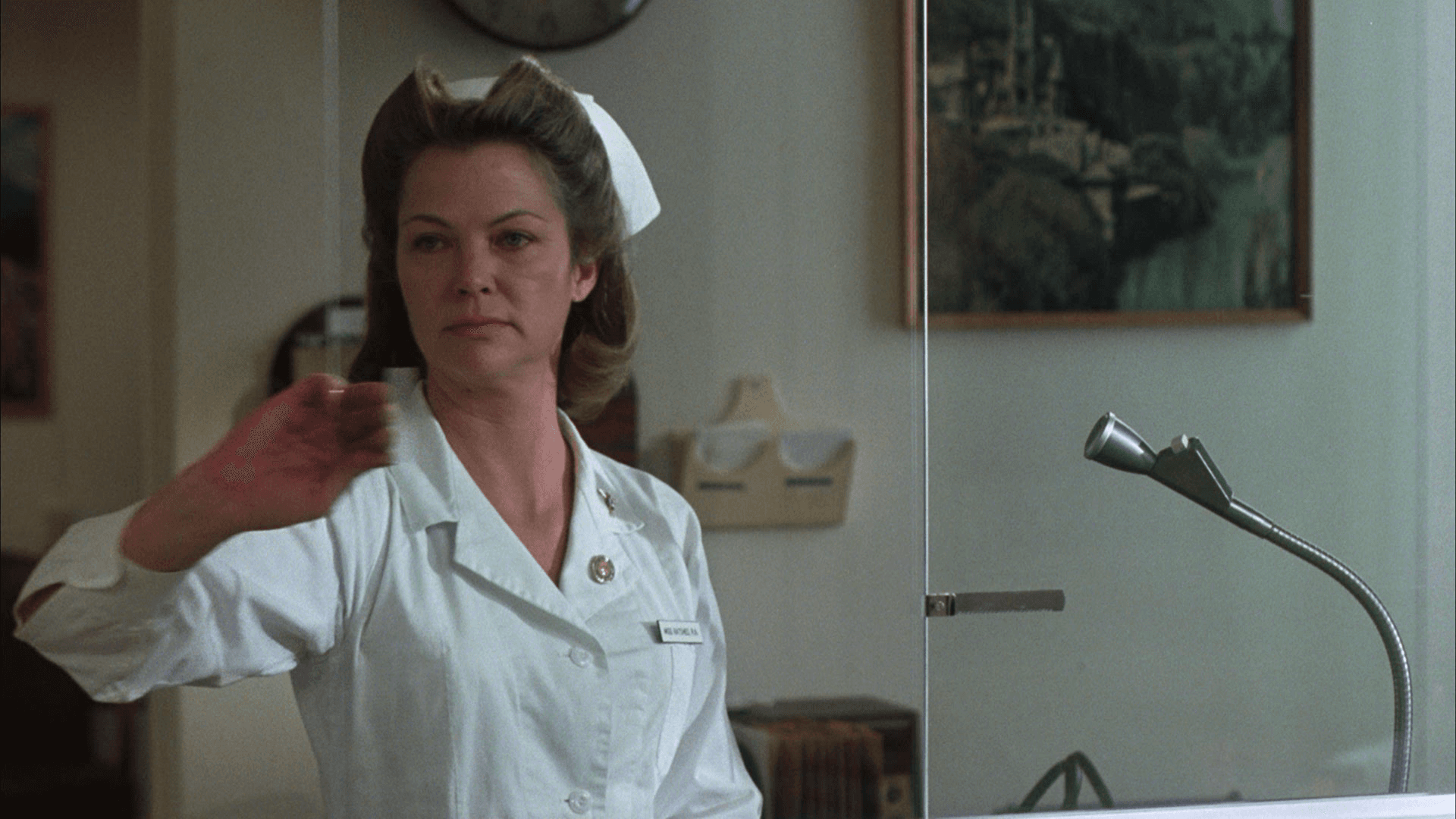
Featured Videos
Official Trailer
Comments
Loading comments...